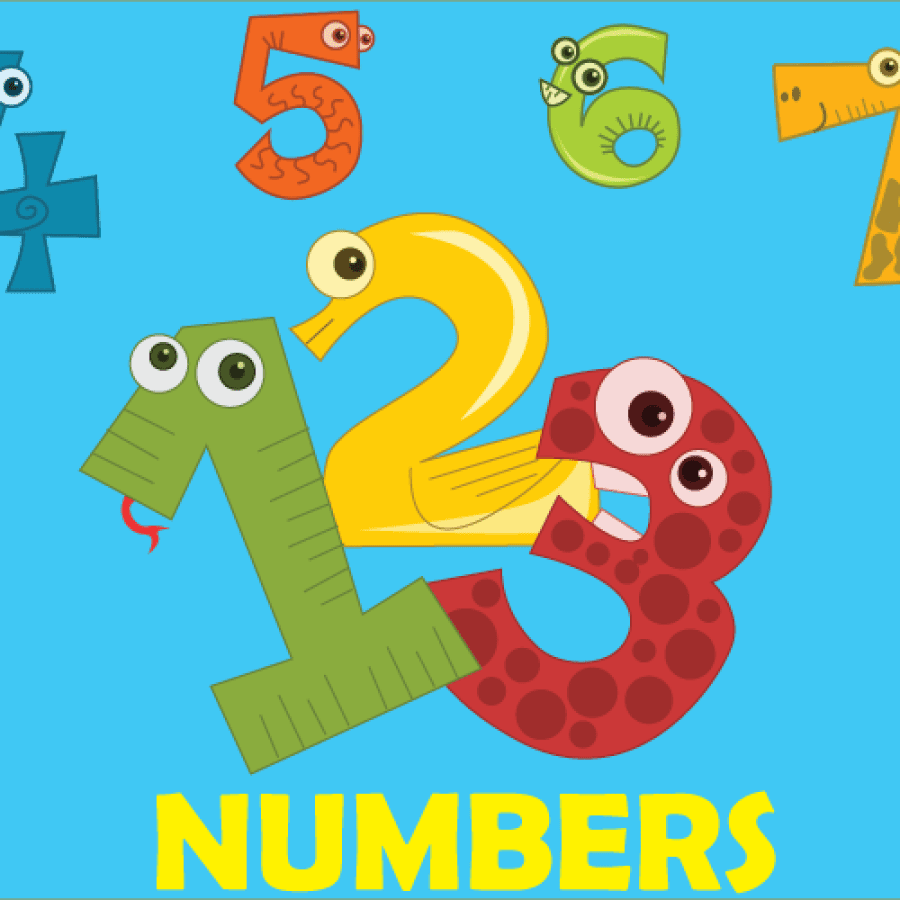Introduction
The world of numbers is fascinating, especially when you’re a child experiencing math for the first time. As parents, guiding your little ones through this numeric journey is equally rewarding. This blog aims to provide practical strategies and tools that make teaching math to your children fun and effective.
Understanding Early Mathematics Development
The Importance of Math Skills in Early Childhood
Developing math skills early in life is crucial. It aids logical thinking, problem-solving skills, and even creativity. Young children, inherently curious and eager to understand the world around them, often naturally gravitate towards activities that build math skills, even if they don’t realise it.
Recognising the Natural Mathematician in Your Child
Young children are natural mathematicians. They start noticing patterns, shapes, and numbers very young. Identifying and encouraging these natural tendencies is the first step towards teaching math to your child.
Mathematical Concepts and Your Little One
Counting and Number Recognition
A child’s first introduction to math begins with counting and number recognition. It’s as simple as counting fingers, toys, or the stairs as you climb them together.
Patterns and Sequencing
Patterns are everywhere in nature, in music, and everyday routines. Identifying patterns and sequences in different settings helps children recognise order and make predictions.
Shapes and Spatial Awareness
Playing with blocks or puzzles can help children understand shapes and improve their spatial awareness. Try asking them to sort their toys based on shapes or create a tower with larger blocks at the bottom and smaller ones on top.
Measurement and Comparisons
Using terms like more, less, more significant, smaller, longer, and shorter during everyday activities can instil a basic understanding of measurements. Next time you’re at the park, compare which slide is taller or whose ice cream cone is more prominent.
Engaging Tools for Teaching Math
Math-Focused Board Games: A World of Fun with Numbers
Games like “Snakes and Ladders” or “Monopoly Junior” can effectively teach children about numbers, counting, and basic arithmetic.
Math Apps and Online Games: Harnessing Technology for Learning
There are numerous educational apps, such as “Endless Numbers” and “Todo Math”, that offer interactive activities to make math learning fun.
Counting Toys and Manipulatives: Making Math Tangible
Counting toys, abacuses, or Lego blocks can make abstract math concepts more tangible. They provide a hands-on way for children to understand numbers and basic math operations.
Activities and Strategies for Teaching Math at Home
Baking and Cooking: Delicious Lessons in Math
Involve your child in baking or cooking. Following a recipe can teach them about measurements while cutting a pizza or pie into slices can demonstrate fractions.
Outdoor Math Games: Learning in Nature
Outdoor games can also incorporate math. For instance, counting the number of jumps in a hopscotch game or the number of throws in a game of catch can be fun and educational.
Daily Life Maths: Integrating Math into Everyday Activities
Turn everyday activities into math lessons. Count the number of red cars you see on the road, or ask them to distribute equal amounts of snacks to their toys.
The Role of Stories and Songs in Teaching Math
Storytelling: Unfolding Math Concepts through Tales
There are numerous children’s books that cleverly incorporate math, such as “One Duck Stuck” or “The Doorbell Rang.” These can introduce concepts like counting, addition, and subtraction engagingly.
Singing and Chanting: Making Math a Melodious Experience
Songs and chants with numbers, like “Five Little Ducks” or “Ten in the Bed,” can make learning numbers and counting an enjoyable experience.
Building a Positive Math Attitude
Encouraging a Growth Mindset towards Math
Foster an attitude of curiosity, resilience, and enjoyment in math. Ensure your child knows it’s okay to make mistakes; they’re part of the learning process.
Celebrating Math Successes
Remember to celebrate your child’s math successes, no matter how small. This can boost their confidence and motivate them to continue learning.
Mathematics is more than just numbers and formulas; it’s a way of understanding the world. With the right strategies and tools, you can help your child develop a love for math that will benefit them for a lifetime.
Does your child have a favourite math game or activity? We’d love to hear about it! Share your experiences in the comments below and help inspire other parents on this mathematical journey.
